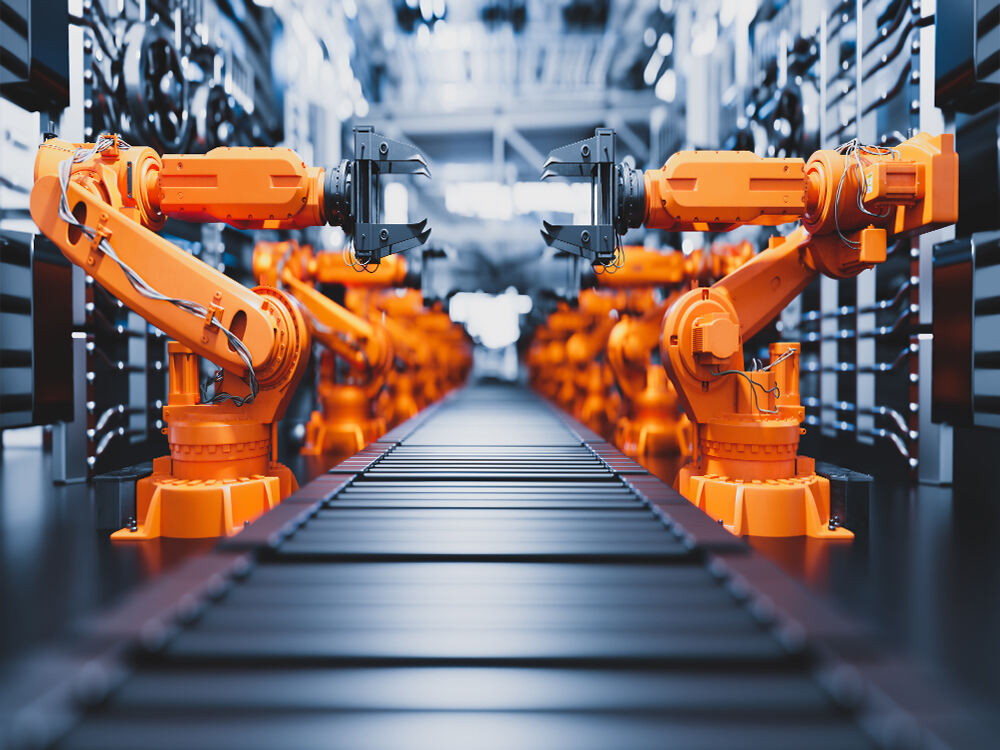CNC (Computerized Numerical Control) machining has emerged as a cornerstone in the realm of automation, revolutionizing the way machines are manufactured and integrated into various industrial processes. By utilizing computer-controlled precision, C...

CNC (Computerized Numerical Control) machining has emerged as a cornerstone in the realm of automation, revolutionizing the way machines are manufactured and integrated into various industrial processes. By utilizing computer-controlled precision, CNC machining allows for the creation of complex and intricate parts with unparalleled accuracy and efficiency.
In the automation industry, precision is paramount. CNC machining excels in this regard, offering capabilities such as multi-axis milling and turning, which enable the production of parts with tight tolerances and complex geometries. This is crucial for components like robotic arms, sensors, and actuators, which must function seamlessly within automated systems.
One notable application of CNC machining in automation is the production of custom tooling and fixtures. These essential components are critical for ensuring the accuracy and repeatability of automated processes. CNC machines can create tooling and fixtures with micron-level precision, ensuring that parts are assembled correctly and machines operate efficiently.
CNC machining also plays a vital role in the repair and maintenance of automated systems. As machines wear down over time, precision-machined replacement parts are often required to restore functionality. CNC machines can quickly and accurately produce these parts, minimizing downtime and ensuring that automated processes remain uninterrupted.
Moreover, the integration of CNC machines with robotic systems has further enhanced the capabilities of automation. By combining the precision of CNC machining with the versatility of robotics, manufacturers can achieve levels of efficiency and accuracy that were previously unimaginable. This integration allows for automated assembly, inspection, and packaging processes, significantly reducing labor costs and improving productivity.
In addition to its precision and efficiency, CNC machining offers flexibility in terms of material choice. Automated systems often require parts made from a variety of materials, including metals, plastics, and composites. CNC machines can effectively machine these materials, creating parts that are both durable and reliable within automated environments.
In conclusion, CNC machining is a transformative technology in the automation industry. Its precision, efficiency, and flexibility make it an indispensable tool for the production, maintenance, and integration of automated systems. As the demand for automation continues to grow, CNC machining will undoubtedly play a pivotal role in driving innovation and progress.